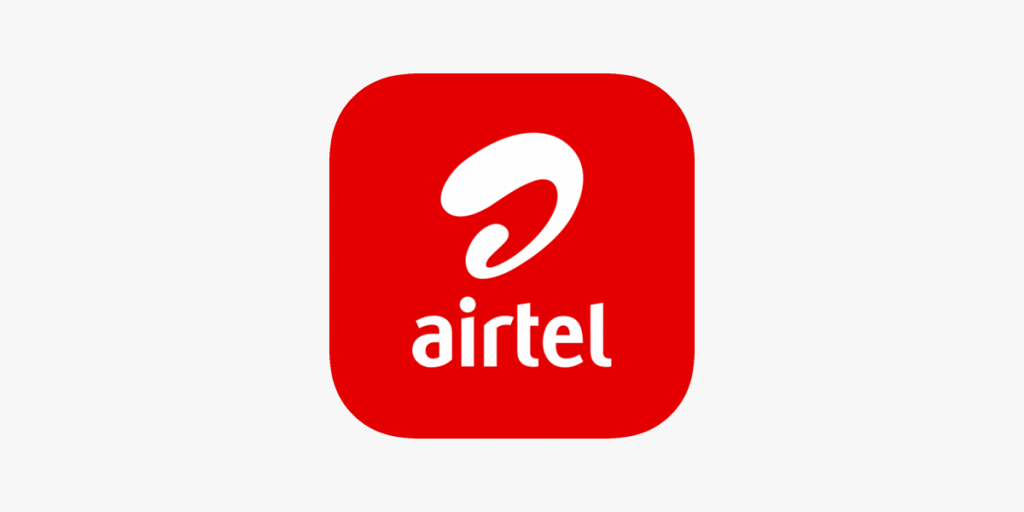Bharti Airtel Chairman Sunil Bharti Mittal has recently confirmed the company’s plan to increase mobile phone call and data rates across all plans in 2023. The minimum recharge for the 28-day mobile phone service plan has already been increased by 57% to ₹155 in eight circles. Mittal explained that the return on capital in the telecom business is low, and a tariff hike is expected this year. He emphasized that the increase would be across the board, but the rise would be low compared to the spending people are making on other things.

Mittal also highlighted the need for a robust telecom company in India, with the dream of India being digital and economic growth fully realized. He mentioned that the government and regulator are conscious of the situation, and people are also aware of the changes that need to happen. He added that the focus on digital infrastructure in particular is reaping benefits for India, and companies operating in this environment have a lot to gain.
Regarding the impact of inflation and the global macroeconomic situation on the company, Mittal said that India is moving very fast, and all sectors of the Indian economy are getting a lot of attention from the government and investors. He stated that the government has done a lot to make telecom industry infrastructure healthy with support to BSNL and Vodafone Idea.
Mittal also discussed the company’s focus on the rollout of the 5G network, saying that monetization would happen after the network base is ready. He also mentioned that the company would not shut down 2G services until the entire customer base migrates to 4G or 5G. Mittal further confirmed that the company’s payments bank is moving well, and it has become profitable, providing financial inclusion for over 65 million customers.
Overall, Mittal’s announcement of the tariff hike came across as pragmatic, with the need for sustainable operations being the driving force behind the decision. He conveyed the message that while the hike was necessary, it would be implemented in a manner that was low and manageable, and would not create an undue burden on consumers.
RELATED:
- Airtel Brings Rs. 489 and Rs. 509 Prepaid Plans With Up to 60GB Data
- Bharti Airtel Bumps up the Price of Its Minimum Monthly Recharge Plan to INR 155
- Best Gaming Laptops under $1000 – Performance & Portability
(Via)







